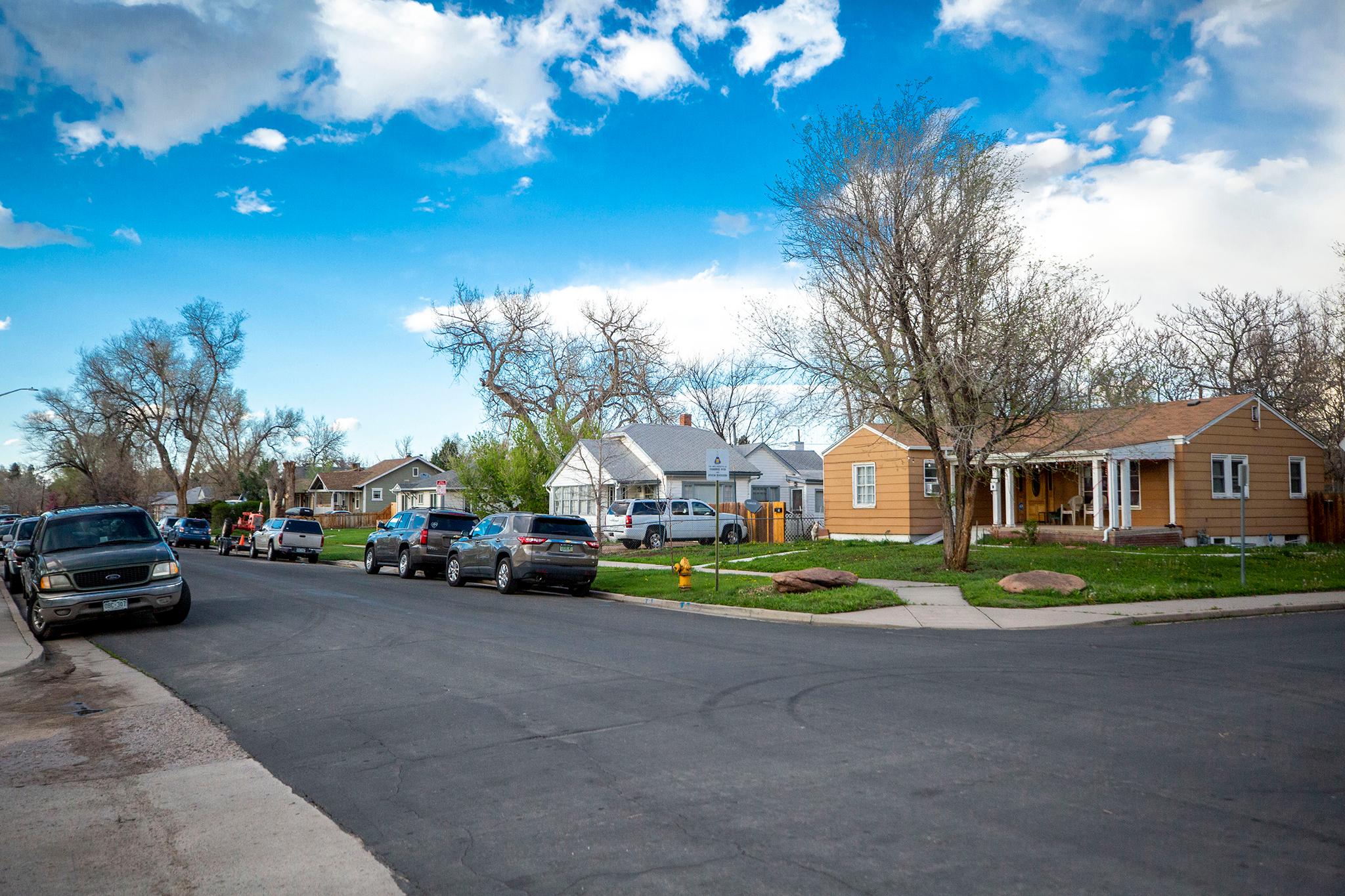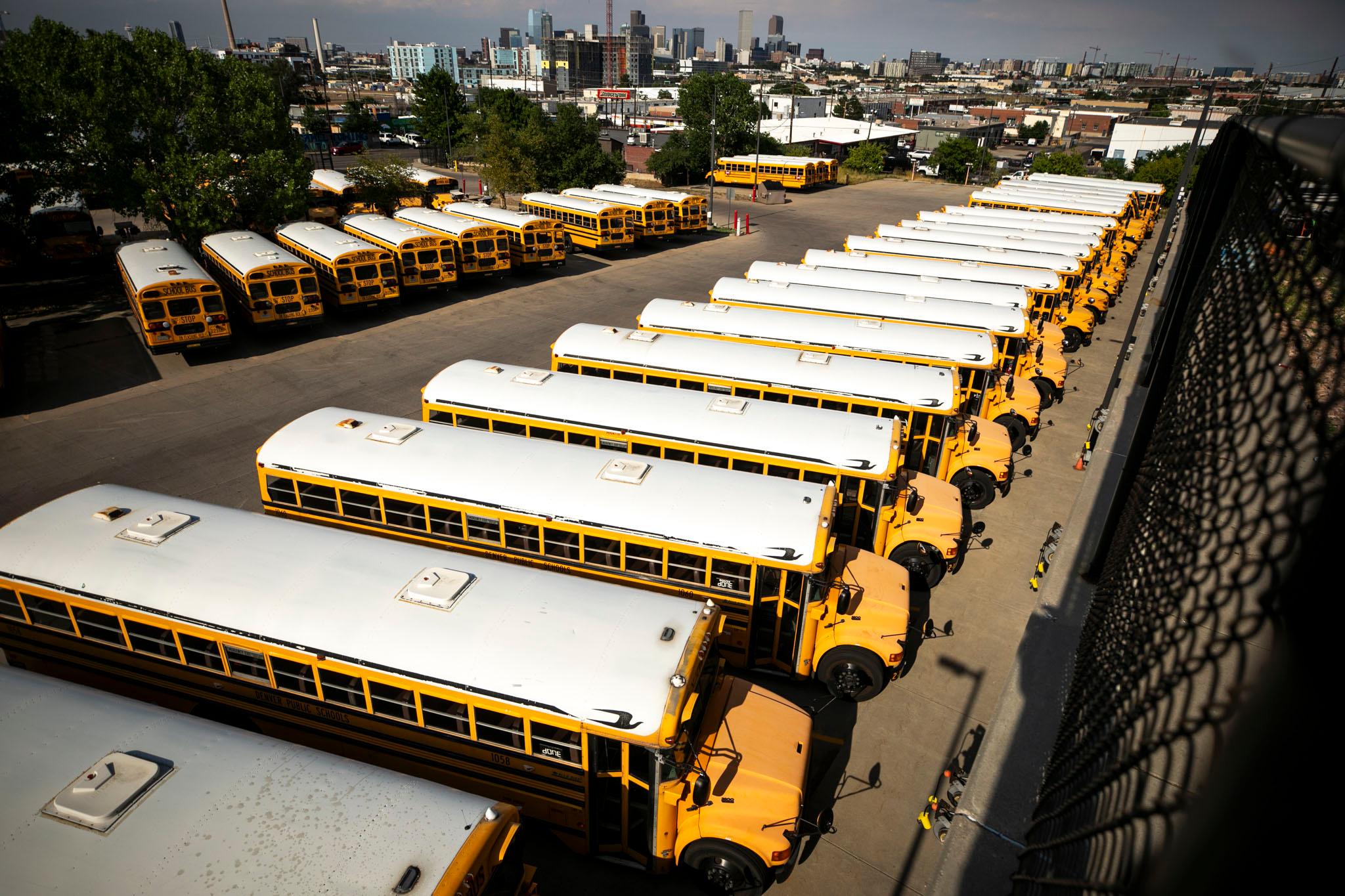Update: The Denver City Council voted 11-1 on Monday night to opt out of the statewide FAMLI paid leave program and instead launch a city-based program. Supporters said that the city version would be cheaper for the city and its employees while offering comparable or better benefits for most employees. Council member Candi CdeBaca voted no, saying that the change wouldn't benefit lower-income city workers.
Denver's city employees are set to get paid family leave benefits for the first time. But city leaders will decide on Monday whether to participate in a new statewide paid family leave program -- or create a new one for city employees instead.
Starting in 2024, the state's new "FAMLI" law will require all employers to provide time off for reasons like pregnancy and family emergencies. The FAMLI program will pay a portion of participants' lost wages while they're on leave, with the money coming from mandatory fees taken from paychecks.
But city staff have recommended that Denver's leaders opt out of the state program and instead create their own local version. By going it alone, city staff believe they could provide a benefit that is cheaper for Denver's 11,000-plus employees, and make it available more quickly.
"I believe that this is a wonderful benefit that's long overdue for our city and county employees," said Kathy Nesbitt, executive director of the Office of Human Resources.
What's being called the Care Bank program would offer up to eight weeks of leave for reasons like childbirth and family emergencies.
That's less than the 12 weeks offered by the new state FAMLI program. But city officials say their alternative would come with several other advantages. For most employees, the city program will pay their full wages while they're on leave. In comparison, the state FAMLI program only covers partial wages, capped at $1,100 a week.
Additionally, city employees have free access to short-term partially paid disability insurance, which they could use to add another four weeks of paid leave, bringing them to a total of 12 weeks, matching the state program's duration and exceeding its payments.
Also, the local program would be free for city employees. Meanwhile, the state FAMLI program requires employers and employees to collectively pay premiums of nearly 1 percent of an employee's wages.
And if it's approved, Denver's new benefit will be available on Jan. 1, 2023 -- a year earlier than the statewide benefit.
"It will allow our employees time to care for themselves or others and not have to worry as much about choosing between being paid and caring for themselves or others," Nesbitt said.
But the proposal drew some initial criticism from the worker advocacy group 9to5 Colorado which supports the statewide program. An earlier version of the local program would have only offered the benefit to employees who had been with the city a year and worked 1,250 hours, which would have excluded many part-time workers. The city is now looking at loosening those limits, Nesbitt said.
"They definitely have it more fleshed out now, but they're going to continue working on that and be responsive, is what was communicated to us," said Kaitlin Altone of 9to5.
Participating in the FAMLI program would cost about $10 million per year between the city and its employees, city officials said. (With the local version, the city will still have to pay to fill some jobs while employees are out.)
The FAMLI program was approved by voters in 2020. It says all employers must participate or offer a comparable benefit -- with the exception of local governments, which are allowed to opt out.
In all, close to 20 cities have gone that route so far, according to the state labor department. The city of Aspen decided on July 12 to opt out of the FAMLI program. It instead offers 12 weeks of unpaid leave under FMLA, the federal law. The town of Eagle also has opted out, citing costs and the untested nature of the new program, Vail Daily reported.
Colorado Springs, the state's second largest city, will discuss opting out at the city council work session Monday.
Altone urged local governments not to take the easy exit.
"Local government workers, they're essential workers to our communities and should have the same rights as everyone else in the state," she said.
But local government employees in places like Aspen want to participate in FAMLI, they aren't entirely shut out: They can sign up for the state program as individuals and pay premiums for it.
They'll be required to participate for at least three years if they take that option. And cities that opt out now are allowed to join the program down the road, if they reconsider.
The statewide FAMLI program will start collecting premiums from participating employers on Jan. 1, 2023 -- a total of 0.9 percent of each worker's wages -- and the program will start offering benefits a year later.
Editor's note: This story has been updated to further clarify the city's paid family leave benefits. And a previous version incorrectly stated council voted 12-1.












